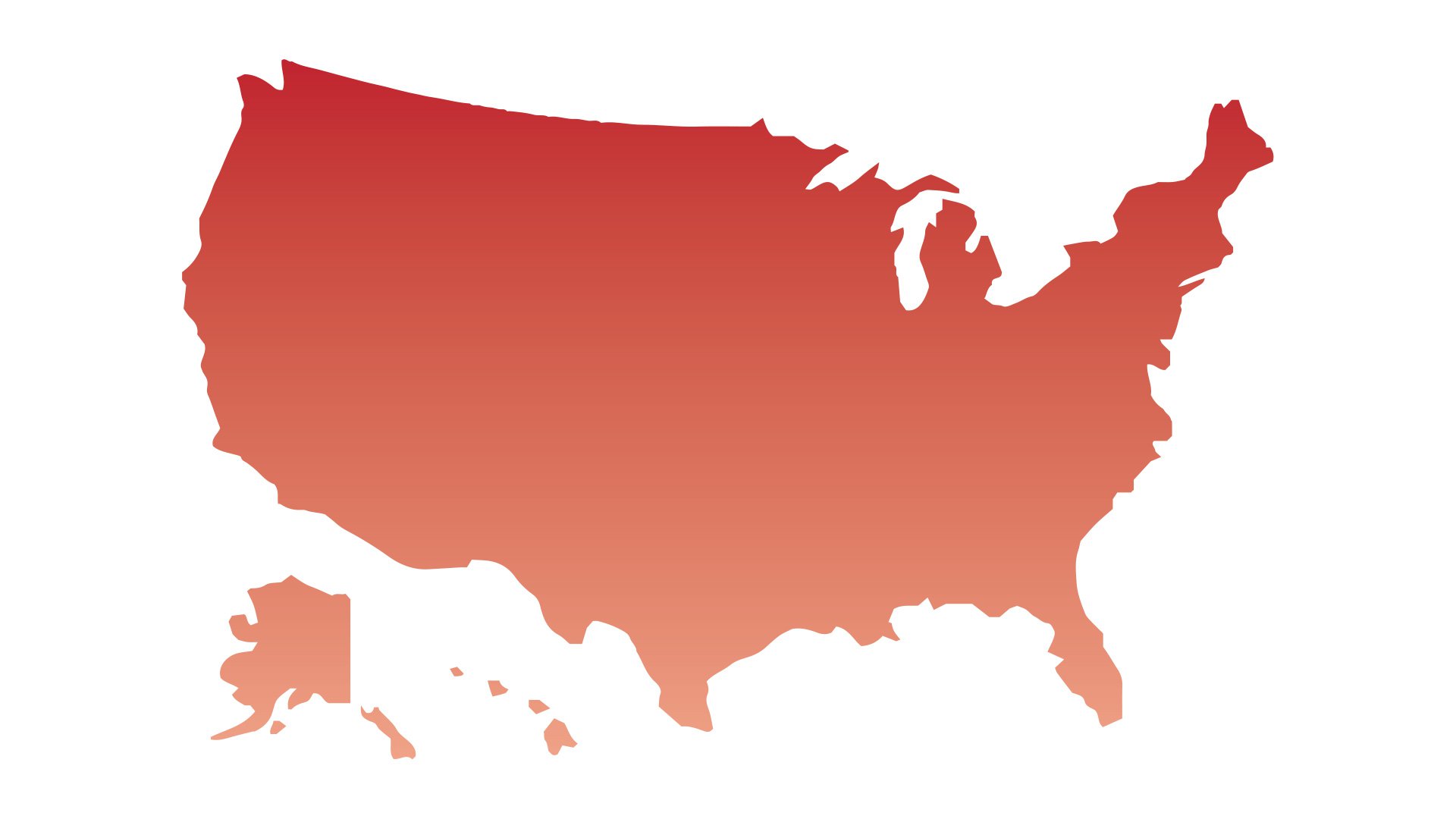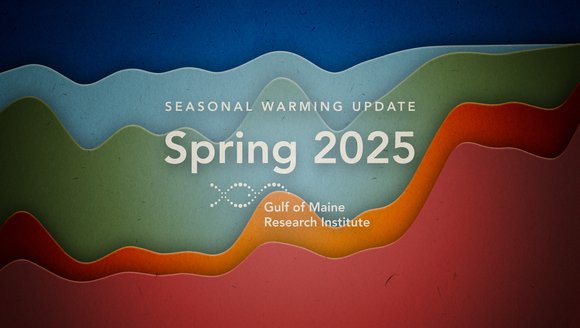Our Role in the National Climate Assessment
Tidings | Apr 20, 2020

In November, the federal government published the Fourth National Climate Assessment (NCA). Mandated by Congress starting in 1990, the NCA assesses climate change impacts across the U.S., now and throughout the century.
The report included significant contributions from GMRI scientists. Chief Scientific Officer Dr. Andrew Pershing was the lead author for the report’s Oceans and Marine Resources Chapter and Research Scientist Kathy Mills was the oceans representative on the Northeast Chapter. Their role was to review the scientific literature since the previous NCA (published in 2014) and to state what we know about present and future impacts of climate change in the U.S. Here are some of the highlights from their work on the report:
Heatwaves
Dr. Mills and Dr. Pershing observed and later published a paper on an extreme warming event in 2012. This was one of the first times the term “heatwave” was used in the ocean context. Since then, the U.S. experienced heatwaves in the Caribbean, North Pacific, Alaska, and twice again in the Northeast — most recently this year. These events affected ecosystems, species, and people along the coast.
Fisheries
The report describes the economic importance of fisheries and their vulnerability to rising temperatures. Stories from the Northeast about lobster and cod illustrate these risks, and the report goes on to highlight potential ways to make fisheries more resilient to climate change.
Ecosystem Disruption
Rising temperatures, increasing acidity, and deoxygenation are disrupting marine ecosystems. These disruptions are especially acute in coral reefs and sea-ice ecosystems. While it is possible to build some resiliency in ecosystems, the report finds many disruptions are inevitable, unless carbon dioxide emissions are severely curtailed.
Read the full report online, or explore further coverage in the Portland Press Herald.



